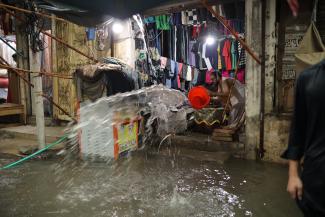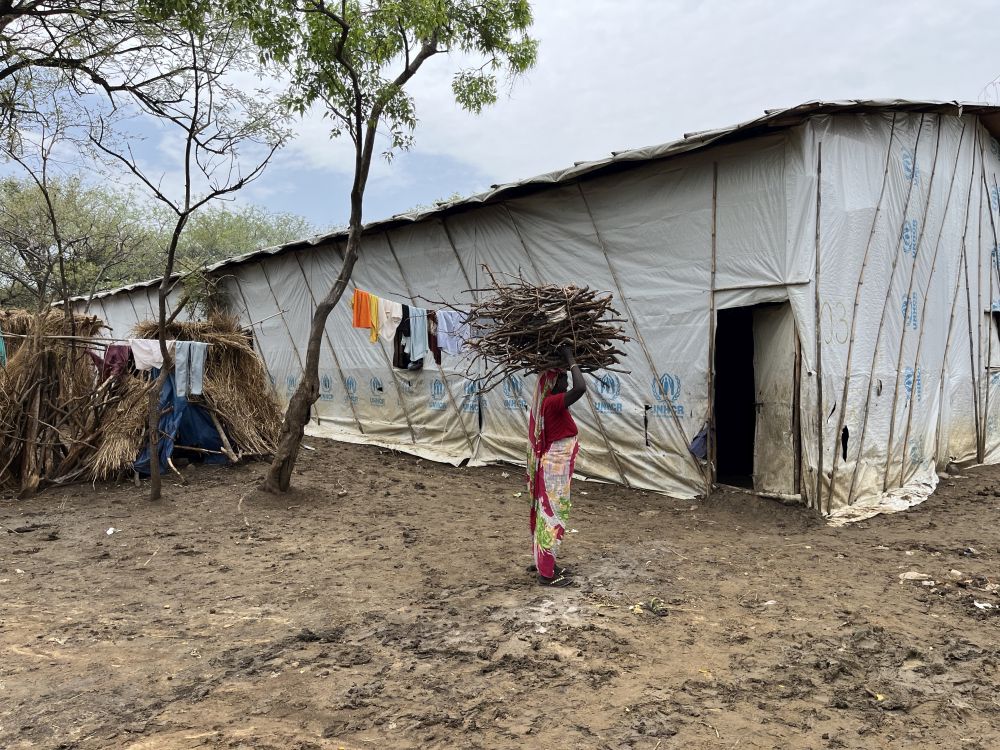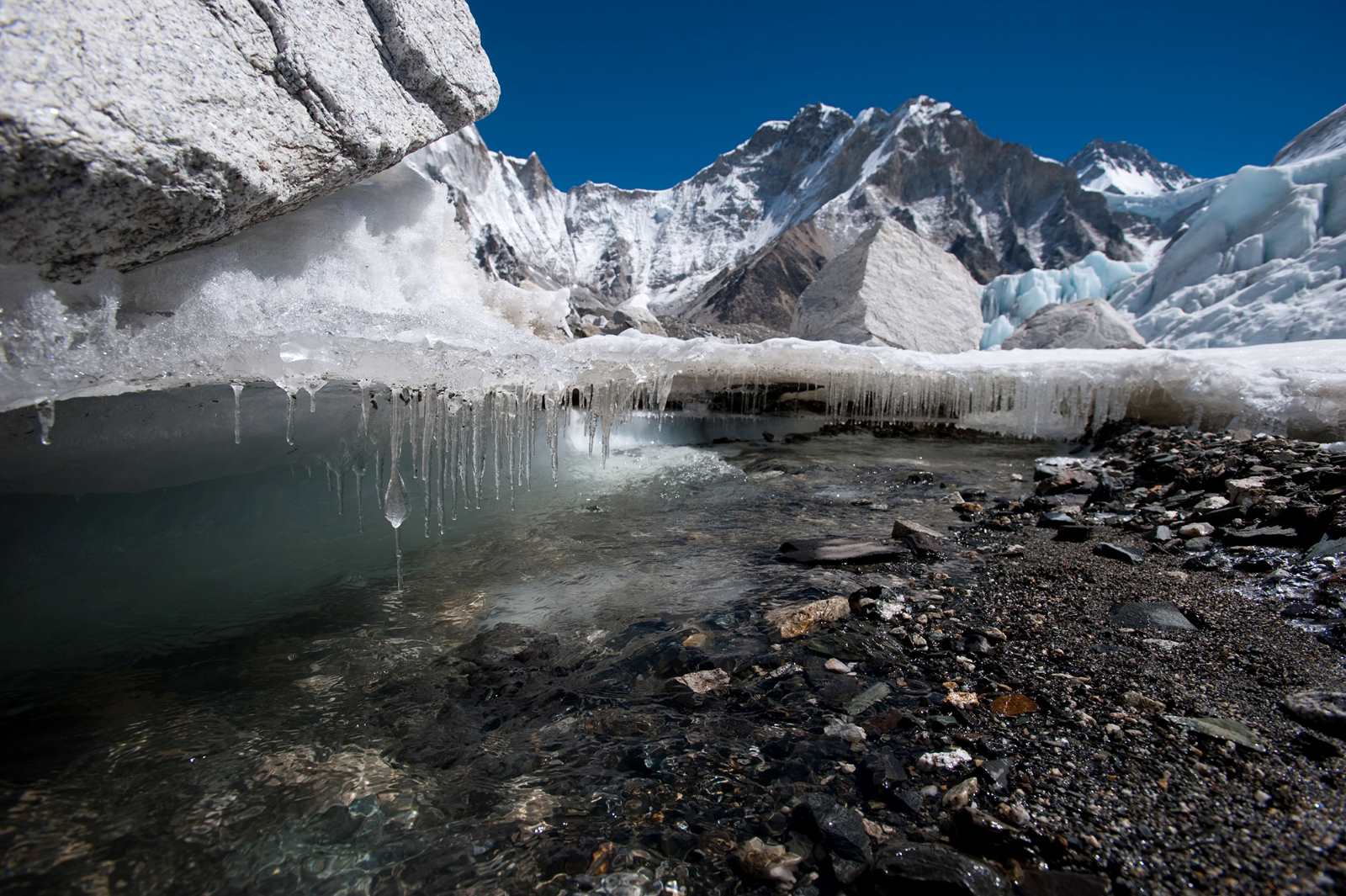Global governance
Working together for the human right to water

In March, the UN 2023 Water Conference took place in New York. Governments, businesses and civil society organisations made hundreds of commitments forming a new “Water Action Agenda”. It aims to support the 6th UN Sustainable Development Goal (SDG6): “Ensure availability and sustainable management of water and sanitation for all”.
While the conference highlighted the importance of water as a vital resource, the commitments are unfortunately non-binding. This raises concerns of repeating mistakes made in addressing the climate crisis and biodiversity loss: abundant pledges followed by insufficient funding and implementation.
Globally coordinated, sustainable water management is essential, however – not only for its own sake, but also for other UN goals like food security (SDG2) and health (SDG3). These goals can only be achieved by creating a reliable water infrastructure for all.
Water targets at risk
Current trends will cause the global community to miss its water targets. A quarter of the world’s population has no access to safe drinking water; almost half lacks basic sanitation. Water use has been increasing by about one percent per year over the past decades according to the UN, possibly continuing until 2050. Low- and middle-income countries, often lacking infrastructure already, face the highest increase in usage.
The climate crisis exacerbates the situation. It leads to more extreme weather events cutting people off from drinking water supplies and damaging infrastructure. Malnutrition and diseases follow. Water scarcity has already displaced millions.
Socio-economic issues play an important role too. Many cannot afford clean water due to privatisation or pollution from waste, mining, agriculture and industry. Fetching water, often a task for girls and women, forces long journeys. This hampers education and future opportunities.
Positive shifts are feasible. The UN notes better global water efficiency. Local endeavors thrive, like safeguarding springs. Inclusive community engagement, not mere supply, is key for sustainable water management.
Agriculture offers potential
There is an urgent need for investments in efficient and climate-resilient infrastructure, including drinking water, sanitation and wastewater treatment. Agriculture, consuming more than 70 % of the freshwater used, offers untapped potential. However, more reliable data is needed to implement efficient irrigation and develop new water sources sustainably.
Access to water is a human right. To ensure it, working together is crucial, not only among communities sharing the same watershed but also among countries connected by rivers. Only through increased cooperation can water conflicts be avoided – and can the UN goals be achieved.
Jörg Döbereiner is a member of D+C/E+Z’s editorial team.
euz.editor@dandc.eu













